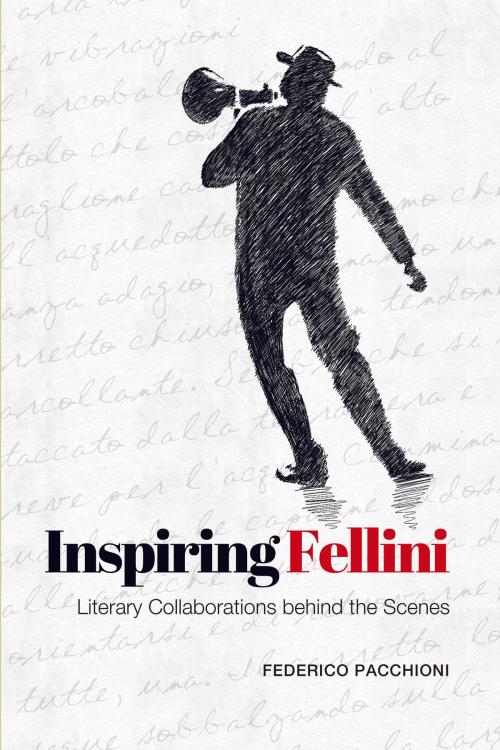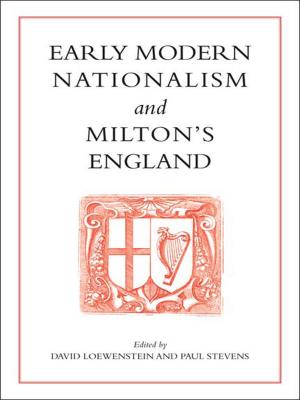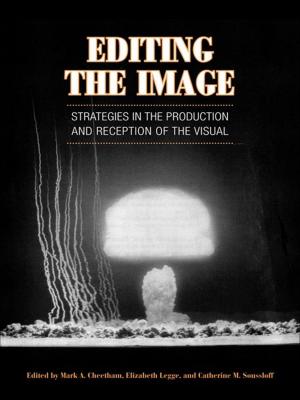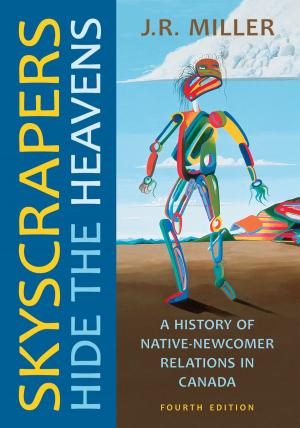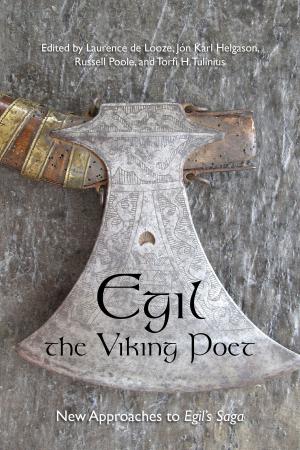Inspiring Fellini
Literary Collaborations Behind the Scenes
Nonfiction, Entertainment, Film, History & Criticism, Performing Arts| Author: | Federico Pacchioni | ISBN: | 9781442616738 |
| Publisher: | University of Toronto Press, Scholarly Publishing Division | Publication: | February 5, 2014 |
| Imprint: | Language: | English |
| Author: | Federico Pacchioni |
| ISBN: | 9781442616738 |
| Publisher: | University of Toronto Press, Scholarly Publishing Division |
| Publication: | February 5, 2014 |
| Imprint: | |
| Language: | English |
Federico Fellini is considered one of the greatest cinematic geniuses of our time, but his films were not produced in isolation. Instead, they are the results of collaborations with some of the greatest scriptwriters of twentieth-century Italy. Inspiring Fellini re-examines the filmmaker’s oeuvre, taking into consideration the considerable influence of his collaborations with writers and intellectuals including Pier Paolo Pasolini, Ennio Flaiano, Tullio Pinelli, and Andrea Zanzotto. Author Federico Pacchioni provides a portrait of Fellini that is more complex than one of the stereotypical solitary genius, as he has been portrayed by Fellini criticism in the past.
Pacchioni explores the dynamics of Fellini’s cinematic collaborations through analyses of the writers’ independently produced works, their contributions to the conceptualization of the films, and their conversations with Fellini himself, found in public and private archival sources. This book is an invaluable resource in the effort to understand the genesis of Fellini’s artistic development.
Federico Fellini is considered one of the greatest cinematic geniuses of our time, but his films were not produced in isolation. Instead, they are the results of collaborations with some of the greatest scriptwriters of twentieth-century Italy. Inspiring Fellini re-examines the filmmaker’s oeuvre, taking into consideration the considerable influence of his collaborations with writers and intellectuals including Pier Paolo Pasolini, Ennio Flaiano, Tullio Pinelli, and Andrea Zanzotto. Author Federico Pacchioni provides a portrait of Fellini that is more complex than one of the stereotypical solitary genius, as he has been portrayed by Fellini criticism in the past.
Pacchioni explores the dynamics of Fellini’s cinematic collaborations through analyses of the writers’ independently produced works, their contributions to the conceptualization of the films, and their conversations with Fellini himself, found in public and private archival sources. This book is an invaluable resource in the effort to understand the genesis of Fellini’s artistic development.
